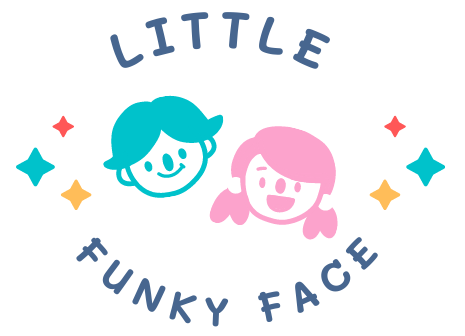You had to build your foreign language flashcards back in the day. It took a long time for you to cut them out of paper with words and translations on both sides, mix them up, and attempt to flip through them. Enter the mobile app’s age. You may now access tens of thousands of words in a matter of seconds.
Pre-made lists or apps arranged around pre-made lists, such as simple kanji or 300 popular Spanish verbs, are common in many apps. Before you take the duolingoenglish test, think about the language you require. Do you require a collection of 300 English verbs? How many pre-made lists, on the other hand, does the app support?
I enjoy being able to make changes to my flashcard lists. Imagine that I’m creating a new vocabulary list and come across a term that I’ve known since I was seven years old. Because the application is set to quiz me on the term, I can inform the app that I know it, but it may continue to do so anyway.
A list of cards is usually displayed in flashcard applications, and you are asked to rate how well you recall the word or click on a definition. Some will expose you to words over a period of many days utilizing spaced repetition. This feature is great and well worth the money. Make sure you’re using a flashcard program that lets you quiz yourself in two directions.
Choose an app that includes sound files for the words in the app. This means you may hear the word stated aloud by a native speaker by tapping or clicking. At the lower levels, this is a prevalent characteristic of high-frequency vocabulary. Some flashcard applications include graphics or images of the word instead of translations.
Enhancing Your Knowledge With Language Apps
Today, I’d like to go through a few English learning vocabulary study applications in detail. Those of you who don’t like the old-school learning method but enjoy the latest technological advancements will almost certainly fall for those little bits of software. Perhaps you don’t like the old-fashioned technique of learning new words by writing them down and compiling extensive lists of new vocab units that will eventually wind up in your trash.
Don’t be concerned; downloading and using the applications is as simple as 1,2, 3. Why not go techy and think about how you can get the most of your gadgets? Your phone is undoubtedly a part of your daily routine, so download the app of your choosing and start exploring, revising, and learning new language concepts with it. Don’t squander your time since you can learn new words anywhere. There are several applications for learning not just vocabulary, but also grammar, pronunciation, and conversational phrases in other languages (including English, Hindi, Urdu, Turkish, and Arabic), but today’s focus will be on vocabulary applets. Of course, you have the option of using one of the free applications or paying for a premium version with additional capabilities.

